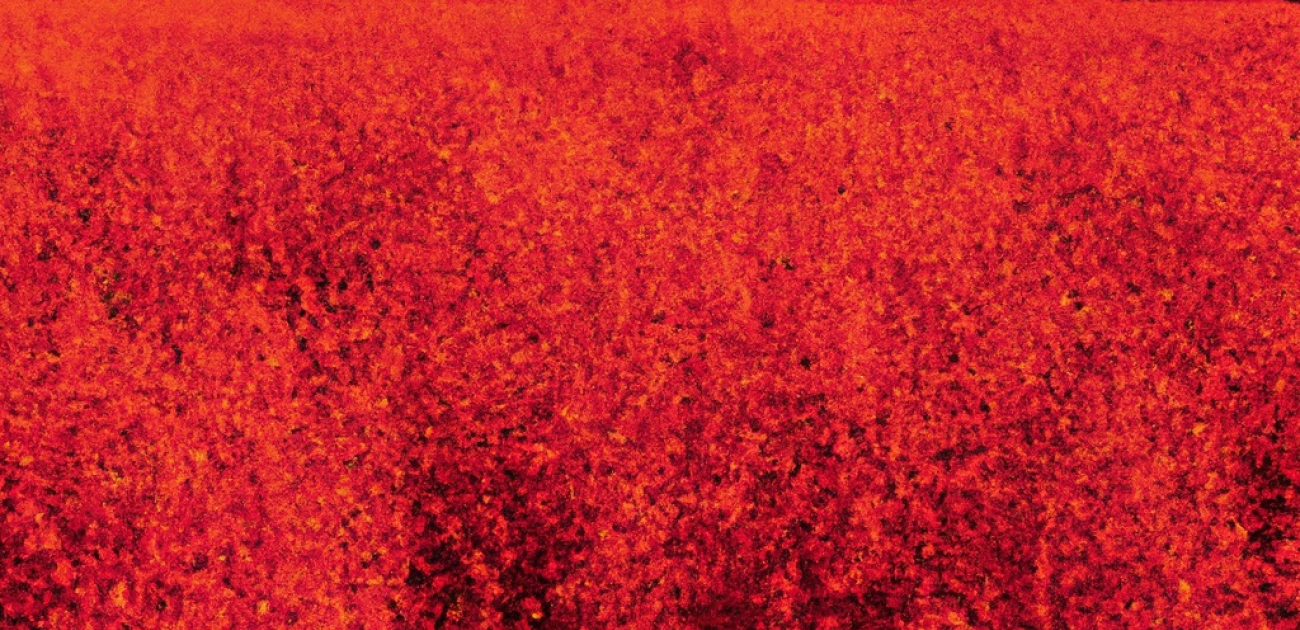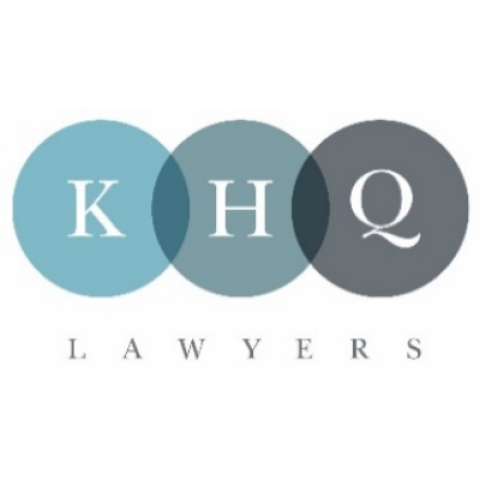Can Oats Ever Claim To Be "Gluten Free"?
In August 2023, Food Standards Australia New Zealand (FSANZ) published a recall notice in relation to an oats product. The reason for the recall (as declared in the notice) was due to a failure to declare gluten. However, the product in question bore the statement “no gluten detected” and in the nutrition information panel (NIP) it read “Gluten – NIL DETECTED”.
So why the recall?
This article explores whether it can be possible for a product which contains no actual gluten whatsoever to be recalled for failing to declare the presence of gluten.
DO OATS CONTAIN GLUTEN?
The term ‘gluten’ encompasses the grain storage proteins, known as ‘prolamins,’ found in wheat, rye, and barley, which are harmful to those with coeliac disease. Specifically, these prolamins are named gliadin (found in wheat), hordein (found in barley), and secalin (found in rye). For people with coeliac disease, consuming these prolamins is detrimental to their health.
However, oats contain a distantly related prolamin called avenin. Avenin is not gluten. The question of whether avenin in oats poses a risk to individuals with coeliac disease remains a subject of uncertainty. Numerous studies have established that uncontaminated oats are generally well-tolerated by the majority of individuals with coeliac disease. Nevertheless, in some cases, oat consumption can trigger potentially harmful immune responses in those with this condition. Consequently, the prevailing recommendation advises against including oats in a gluten-free diet.
Whether or not avenin poses a risk to individuals with coeliac disease is quite separate to the question as to whether oats contain gluten. Obviously, oats can be contaminated with gluten by supply chains that transport and use multiple cereal grains. However, a segregated and controlled oat supply chain ought to be completely gluten free. Any laboratory test for gluten will yield “nil detected”.
SO, CAN GLUTEN-FREE OATS CLAIM TO BE “GLUTEN FREE”?
If uncontaminated oats can be guaranteed to be gluten free (but instead contain avenin), can they claim to be “gluten free”?
Sadly, the answer is no; at least, not legally in Australia and New Zealand.
Under Section 1.2.3-4 of the Australia New Zealand Food Standards Code, a food product must contain a mandatory declaration if it contains an ingredient listed in Schedule 9. Unfortunately, Schedule 9 includes a mandatory declaration of “oats” when used as an ingredient and an associated mandatory statement that the product “contains gluten”, even though no gluten may be present.
This obligation is only triggered (somewhat confusingly) when the oat ingredient contains “gluten”. But the Code goes further to legally define “gluten” as:
the main protein in wheat, rye, oats, barley, triticale and spelt relevant to the medical conditions coeliac disease and dermatitis herpetiformis. [Emphasis added]
As a result, under current drafting of the Food Standards Code, it is not legally possible for oats to be gluten free, even though they can be in reality.
The decision to mandate the declaration of gluten on oats (even though avenin is not gluten) is quite deliberate. In 2004, Food Standards Australia New Zealand was asked to review this mandatory declaration as part of Proposal P264. In the Review Report for that Proposal, FSANZ defended this regulatory position due in part to: “a lack of reliable methods of analysis for detecting gluten equivalent fractions of oats and malt that may be toxic to individuals with Coeliac disease”, even though “scientific literature suggests that the majority of individuals with Coeliac disease can tolerate moderate amounts of uncontaminated oats in the diet without adverse effects”.
DON’T FORGET ABOUT PEAL!
As of 25 February 2024, the transition period for the amendments to allergen labelling under P1044 – Plain English Allergen Labelling (PEAL) comes to an end. We are already hearing that regulators will be both scrutinising labels and taking a strict enforcement approach to products that fail to update their labels in time.
If you have any questions about these amendments and how they apply to you, please contact our Food & Beverage team to discuss either via our dedicated email address (food@khq.com.au) or call us on (03) 9663 9877.
Do you want more information?
 Charles Fisher
Charles FisherSince completing his Bachelor of Laws and Legal Practice and Bachelor of Arts in 2006, Charles has spent the entirety of his legal career staring at the Food Standards Code (among many other pieces of food-specific regulation). This has led to Charles being one of the leading consultants and trainers on food marketing, compliance, labelling, classification, licensing, safety and food crisis management.

